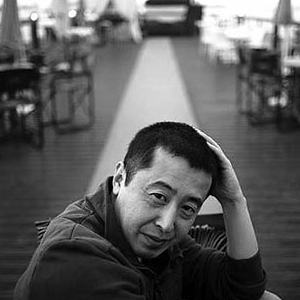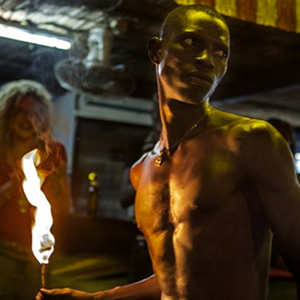
The Immigrant Review
Regarded by some as the last classically-oriented filmmaker in Hollywood, writer/director James Gray delivers a period piece steeped in nice detail and less appealing schmaltz. The Immigrant is essentially a melodrama triangulated around a practical-minded woman: think the setup of The Quiet American where a poor girl …




